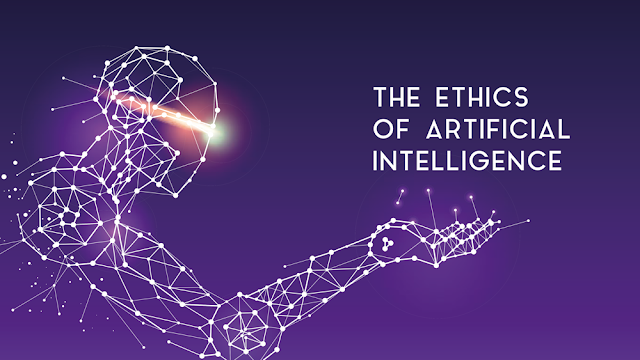Navigating the Ethical Landscape of Artificial Intelligence
Artificial Intelligence (AI) has emerged as a transformative force, reshaping industries and redefining the way we interact with technology. Amidst this technological revolution, the ethical considerations surrounding AI have taken center stage. As we entrust machines with increasingly complex decision-making, it becomes imperative to scrutinize the ethical dimensions that guide this intelligent evolution.
The Promise and Perils of AI Ethics
AI promises efficiency, innovation, and problem-solving capabilities, but these advancements bring forth ethical challenges. From bias in algorithms to questions of accountability, the ethical landscape of AI is intricate and demands thoughtful exploration.
Addressing Bias in Artificial Intelligence
One of the foremost ethical concerns in AI revolves around bias. As algorithms learn from historical data, they can inadvertently perpetuate existing biases. Recognizing and mitigating these biases is essential to ensure fair and equitable AI applications across diverse populations.
Transparency as a Pillar of Accountability
The opacity of some AI systems raises concerns about accountability. Establishing transparency in AI algorithms and decision-making processes is crucial for building trust. Users should have a clear understanding of how AI reaches conclusions and the potential impact on their lives.
Navigating the Job Displacement Dilemma
AI's capacity to automate tasks prompts a debate on job displacement. Ethical considerations extend beyond technological development to encompass societal implications. Striking a balance between innovation and preserving employment opportunities is a complex challenge that demands ethical foresight.
Privacy in the Age of Intelligent Insights
AI's ability to analyze vast amounts of data raises privacy concerns. As intelligent systems glean insights from personal information, protecting individual privacy becomes paramount. Implementing robust data protection measures ensures that AI enhances lives without compromising personal boundaries.
Ethical Frameworks for AI Development
Developing and adhering to ethical frameworks is pivotal for steering AI in a positive direction. Collaboration among technologists, policymakers, and ethicists is essential to establish guidelines that prioritize human values, accountability, and societal well-being.
Closing Thoughts: Shaping the Human-AI Narrative
As we delve into the complexities of ethical AI, it becomes clear that our choices today define the narrative of human-machine collaboration tomorrow. The journey into the realm of artificial intelligence is not just a technological expedition but a profound exploration of our values and principles. By continually questioning, adapting, and refining our approach to AI ethics, we embark on a quest to create a future where innovation and humanity coexist synergistically. The closing chapter of this narrative is not an end but a call to action — an invitation to all stakeholders to actively participate in sculpting a future where AI aligns seamlessly with the essence of what makes us inherently human.








